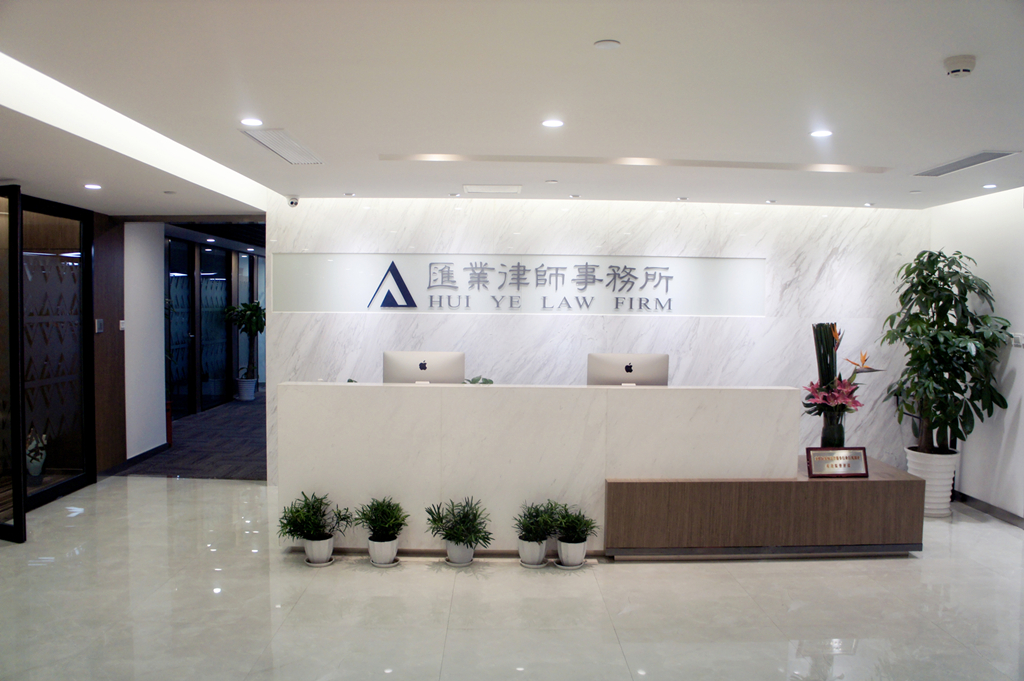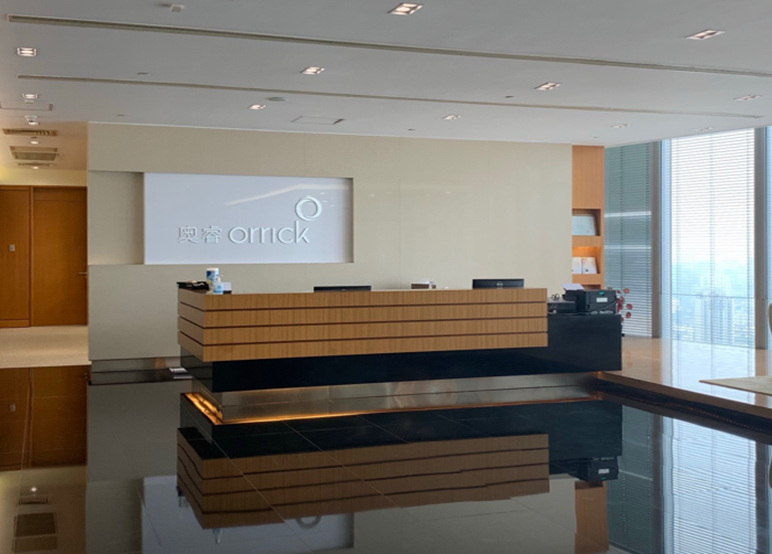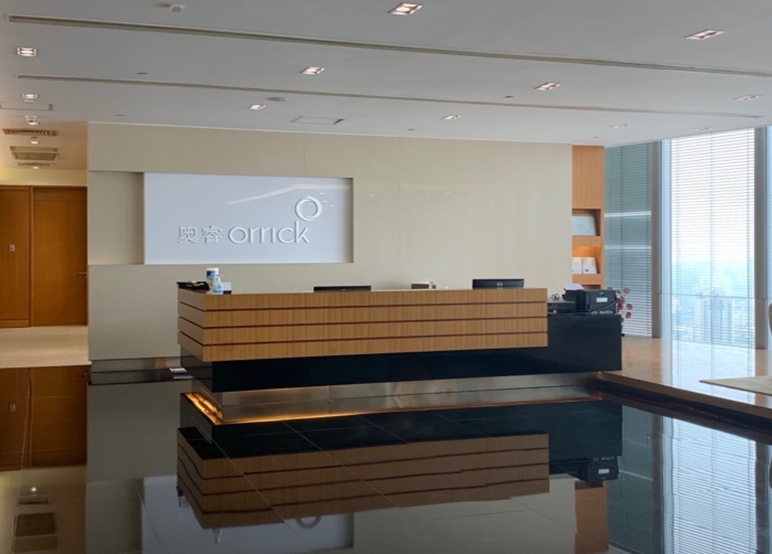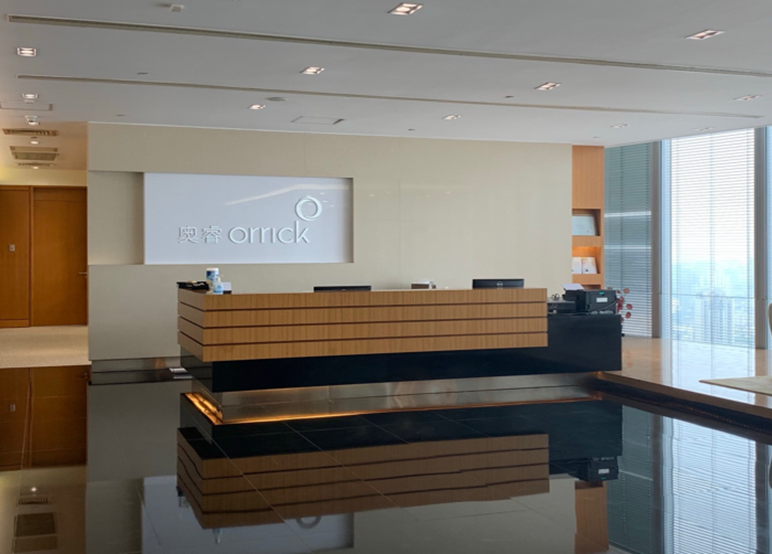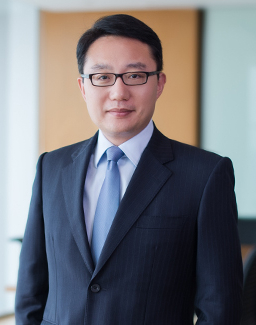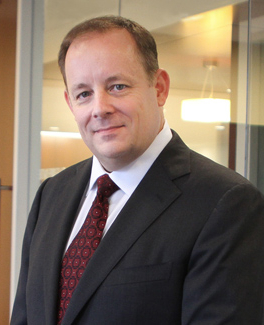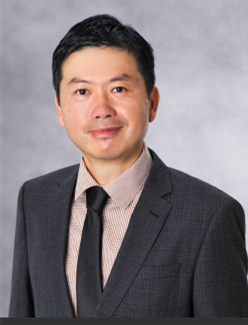2021 years 8 month 31 day, The United States Court of Appeals for the Fifth Circuit affirmed the Ericsson decision of the District Court for the Eastern District of Texas, Determine the jury instructions of the district court, There is no error in declaratory or evidentiary judgments, And dismissed HTC Company regarding Ericsson breach of offer fairness, Reasonable and non-discriminatory (FRAND) Allegations of contractual obligations under license terms.
The case stems from HTC I turned one down 2016 Licensing agreement with Ericsson in 2005, Ericsson proposes in the agreement that the standard necessary patent licenses for its mobile devices are required on a per-unit basis 4G equipment 2. 5 Dollar rates are charged.
although HTC Previously, according to a report 2014 The annual license agreement pays Ericsson approximately per unit 2. 5 Royalties in dollars, But the company is in 2016 Ericsson's patent value was independently assessed in 2007, And finally put forward 2017 Years to press per device 0. 1 Dollar rate payment, This is based on "Minimum marketable patent enforcement unit (smallest salable patent-practicing unit) " Calculated rate.
According to the Fifth Circuit, Ericsson believes this rate "Too far" So much so that licensing negotiations ended, Soon after HTC In the United States District Court for the Eastern District of Texas, Accused Ericsson of violating FRAND clause.
During the proceedings, Ericsson has worked out a new licensing agreement, but HTC The offer was rejected. HTC An amended complaint was subsequently filed, The suit said Ericsson's offer did not FRAND clause, In violation of its requirements for the European Telecommunications Standards Institute (ETSI) Contractual obligation, And Ericsson failed to negotiate in good faith, And therefore seek declaratory relief from the court.
Ericsson counterclaims that its contract offer contains FRAND clause, while HTC Not negotiating in good faith. The two sides debated how to determine the value of Ericsson's patents and each of the jury instructions drawn up, The court ultimately decided to instruct the jury as follows: Whether there is FRAND The license depends on the specific facts and circumstances that existed during the negotiation and the reaching of the license. For setting or calculating FRAND The terms of the license rate, The court has no fixed or required method.
HTC There is no objection to the instruction, But the proposal to put No 11 Clause's jury instructions are proposed to be added to the final jury instructions, But the court rejected it. The jury finally found HTC It cannot be proved that Ericsson violated FRAND obligation, Both sides violated their obligation to negotiate in good faith. Ericsson then moved for a declaratory judgment against its counterclaim, The court approves, declare "In relation to HTC In trade, Such as Ericsson and ETSI As stated in the license statement, Is to observe its right HTC the FRAND promise" .
HTC It was challenged on appeal:
" (1) The district court ruled it out3item HTC The requested jury instructions;
(2) The District court regarding Ericsson has referred HTC perform FRAND A declaratory judgment of a license obligation; and
(3) The district court excluded some expert testimony as hearsay.
" The Fifth Circuit affirmed that the district court had done nothing wrong, The district court ruled it out HTC appellate 3 Jury instructions because all instructions depend on "The inapplication of the law" . Two of the instructions relate to the distribution of value of Ericsson's patents, An instruction relates to FRAND The non-discrimination requirement. "Ericsson FRAND Commitment is its relationship ETSI Part of the deal, " The Fifth Circuit explained. "The District court accordingly held Ericsson's FRAND promise 'It is governed by French law' And belong to 'Purely contractual in nature' , while HTC This was not challenged on appeal.
Whether Ericsson's offer is compatible with ETSI The terms of the agreement are a matter of French contract law. " The appellate court further held that, "Even if American law could apply in that case, Don't need HTC Any indication of" , because HTC Is relying on patent law precedents rather than contract law precedents. "although 'The patent law principles of the Federal Circuit may guide the question of patent evaluation in contract cases' , But it does not govern the interpretation of contract terms, Even though these provisions are closely tied to patent law, "
The court said. further, Even if HTC The proposed jury instructions are basically correct statements of law, The Fifth Circuit still agrees with the district court's decision, Because the jury instructions are not intended to address the effects that a trial might have HTC The key issue of litigation rights. Control should be used 50 (b) The rule of the law HTC It also challenged the declaratory judgment of the district court, Said there was a legal error, because "Whereas provided to HTC There are acknowledged material differences in the licensing terms of its several competitors, Therefore, the district court cannot regard the non-discrimination of the license clause as a matter of law" .
The Fifth Circuit, however, said, This is just an attempt to challenge the jury's verdict, The jury found in favour of Ericsson's offer FRAND Declaratory judgments of commitment are slightly different, Because the jury verdict only said Ericsson did not violate it FRAND obligation. Although the two types of adjudication rely on slightly different standards of evidence, But the Fifth Circuit said "To prove that Ericsson's offer is not in breach FRAND Evidence of the obligation is also included for the purpose of determining the certainty of Ericsson's offer FRAND The evidence of obligation is the same" .
A declaratory judgment is a legal conclusion, But clearly based on the facts that the jury found. Therefore, Challenge the adequacy of the evidence for a declaratory judgment, Which calls into question the adequacy of the evidence against the jury's verdict. Due to HTC No provision was filed allowing the court to review the sufficiency of the jury's verdict 50 (b) A motion of rule, So the Fifth Circuit "Have no right to" Do so.
however, Even if HTC Have done so, The court will not find a game-changing error, Because of control 50 (b) A motion of rule "Only when the facts and inferences point strongly and overwhelmingly to one party, To the extent that the court believes that a reasonable person could not have reached a contrary verdict" To be approved. The Fifth Circuit said in the case: "Ericsson provides plenty of evidence to support what it has done HTC provide FRAND Position of clause. "
Finally, Regarding the District Court's exclusion of hearsay evidence as expert testimony and reports used by Ericsson in previous proceedings, HTC In attempting to use the evidence and reports in the cross-examination of Ericsson's other expert witness, The Fifth Circuit rejected the claim, Because the expert being questioned is not an Ericsson agent, Their statements or reports are prepared for different cases. Concurred opinion Stephen.Higginson (Stephen Higginson) A separate concurred opinion was submitted, Point out "The district court erred when it refused to accept a reciprocal order" , but "Because the district court's error did not seriously harm HTC The ability to present the case, I agree with the above judgment" . He also said in a footnote that he disagreed with Ericsson's contention that U. S. case law was inapplicable because ETSI the FRAND An argument that promises to be governed by French law.
The law firm leading the Ericsson case team said in a press release, This is "The first violation ever attempted by a jury FRAND (fairness, Reasonable and non-discriminatory) The case of" .
(Compiled from www. ipwatchdog. com)
Reprinted from China Intellectual Property Network translation: Wu Xian proofread: Liu Peng
disclaimer: This website reprint articles are from the Internet, Does not represent the views of this website or confirm the authenticity of its content. If the source is mislabeled or the copyright of the article is involved, Please contact this website, This website will be corrected in due course, delete, thank you.

Safeguard the rights of economic and trade hotspots

